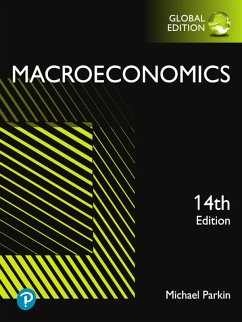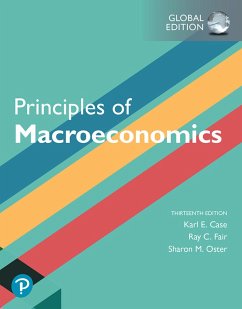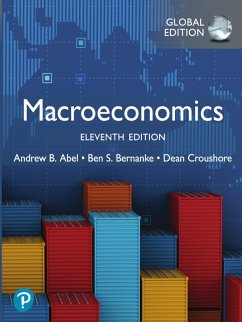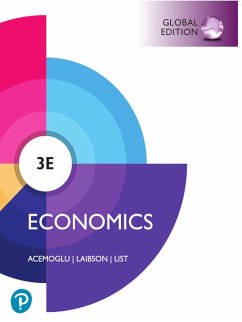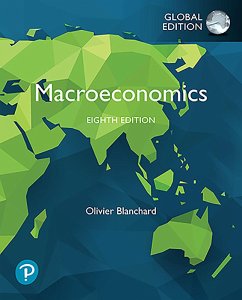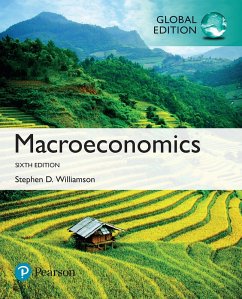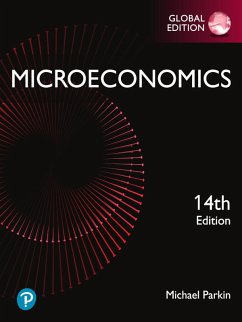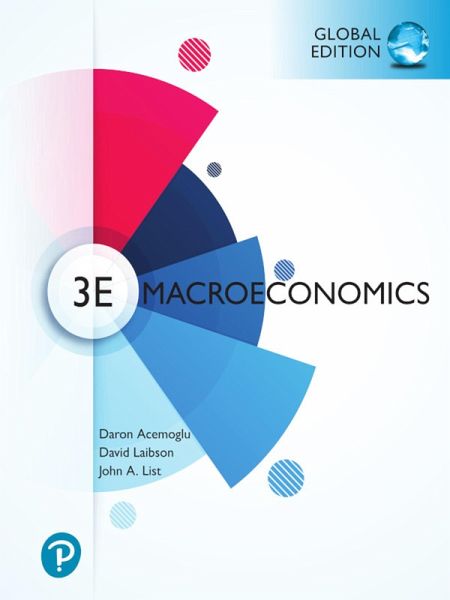
Macroeconomics, Global Edition (eBook, PDF)
Versandkostenfrei!
Sofort per Download lieferbar
35,95 €
inkl. MwSt.
Weitere Ausgaben:

PAYBACK Punkte
18 °P sammeln!
For courses in the principles of macroeconomics.An evidence-basedapproach to economicsThroughout Macroeconomics,3rd Edition, authors Daron Acemoglu, David Laibson, and John List usereal economic questions and data to help students learn about the world aroundthem. Taking a fresh approach, they use the themes of optimization,equilibrium, and empiricism to not only illustrate the power of simple economicideas, but also to explain and predict what's happening in today's society.Each chapter begins with an empirical question that is relevant to the life ofa student and is later answered using data...
For courses in the principles of macroeconomics.
An evidence-basedapproach to economics
Throughout Macroeconomics,3rd Edition, authors Daron Acemoglu, David Laibson, and John List usereal economic questions and data to help students learn about the world aroundthem. Taking a fresh approach, they use the themes of optimization,equilibrium, and empiricism to not only illustrate the power of simple economicideas, but also to explain and predict what's happening in today's society.Each chapter begins with an empirical question that is relevant to the life ofa student and is later answered using data in the Evidence-Based Economicsfeature. As a result of the text's practical emphasis, students learn to applyeconomic principles to guide the decisions they make in their own daily lives
An evidence-basedapproach to economics
Throughout Macroeconomics,3rd Edition, authors Daron Acemoglu, David Laibson, and John List usereal economic questions and data to help students learn about the world aroundthem. Taking a fresh approach, they use the themes of optimization,equilibrium, and empiricism to not only illustrate the power of simple economicideas, but also to explain and predict what's happening in today's society.Each chapter begins with an empirical question that is relevant to the life ofa student and is later answered using data in the Evidence-Based Economicsfeature. As a result of the text's practical emphasis, students learn to applyeconomic principles to guide the decisions they make in their own daily lives
Dieser Download kann aus rechtlichen Gründen nur mit Rechnungsadresse in A, B, BG, CY, CZ, D, DK, EW, E, FIN, F, GR, HR, H, IRL, I, LT, L, LR, M, NL, PL, P, R, S, SLO, SK ausgeliefert werden.




